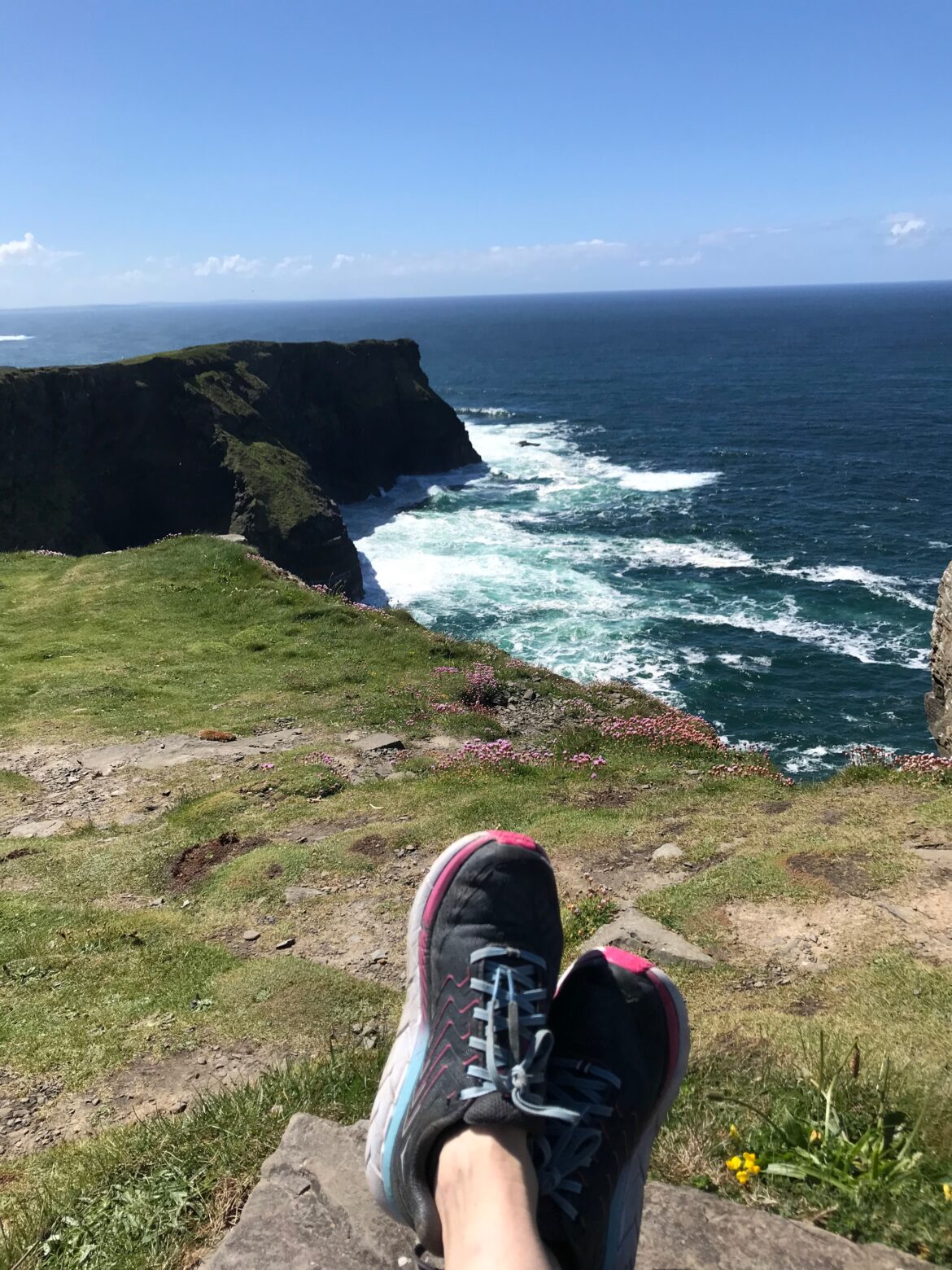When was the last time you played, I mean really played without a scoreboard, a winner or a goal, but just played? Getting outdoors offers a natural playground for adults, away from screens, work, responsibilities and “to do lists.” As a therapist, working with teenagers and their families there is the natural struggle as teens work hard to individuate from their parents and parents do their best to keep their kid alive and safe while navigating these tumultuous years. In the therapy room, we work to find common ground between teens and their parents. While music, school, social media consumption, video games, sex and drugs may be the landmines that create the biggest conflict in the relationship, finding a universal theme all members of the family can work toward and find value in is the key to moving toward solutions in creating a healthy family dynamic. Play has shown to create a bridge to building relationships, not just between kids and their parents but for the well being, individuals, couples, and organizations. Play is essential to mental health. Play has no goals, no guidebook, no measurement, no outcome. We play for the sheer pleasure of it. In a world of a measurements, guidelines, and outcome driven data, we have lost the simple power that play provides the human psyche. Playing in nature brings two healing powers together and creates the perfect landscape to both lose and find oneself.
Play is the great equalizer. Every time we begin to play we start out with a clean slate. There are no rules, no purpose and no goal. We cannot be judged, measured, ranked or graded for our play, no matter our gender, race, culture, ability, or socioeconomic status. In fact research shows that play will teach children more than anything else. Let me repeat that, play will teach children more than anything else.
Researchers of play have also found that play increases resilience, improves problem solving skills, encourages empathy, hones gross and fine motor skills, and tackles obesity.
We all hear the word play but we often struggle to define it. Play is a little like pornography, we know it when we see it! Philosopher Bernard Suess defines play as, “the involuntary attempt to overcome an unnecessary challenge.”
Research also shows that people who make play a priority have a really good sense of trust, have a greater ability to self regulate and resolve conflicts, and groups that play together tend to be healthier.
So we all know the benefits of play, but what are the risks if we don’t play? Brian Sutton Smith, sums it up this way, “The opposite of play is not work, the opposite of play is depression.”
Many people view adult play as respite or indulgence, but having fun is no trivial pursuit. In fact it is crucial to mental creativity, health and happiness. It may be in fact the highest expression of our humanity, imitating and advancing the evolutionary process. It allows our brains to exercise their very flexibility to maintain and even perhaps renew the neural connections that embody our human potential to adapt, to meet any possible set of environmental conditions.
So get silly, explore, take that trail for no reason, other then to be curious. Get outside, and make nature a priority, not to summit a mountain but to move your body in wonder. Book that ticket, not to accomplish or mark some item off your bucket list, but for the sheer pleasure of it. Play is essential and travel and nature allows us to bring it back into focus and practice, and to make it a priority.

